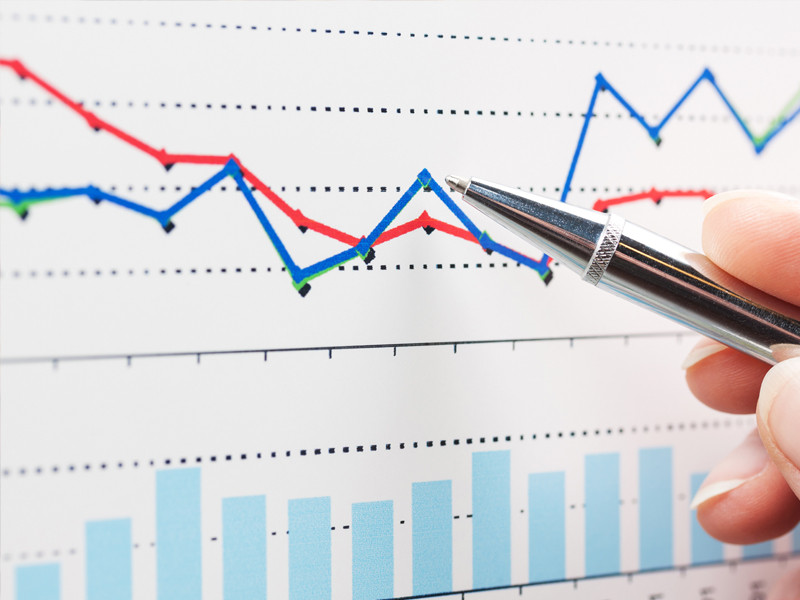Washington: Global headwinds are slowing Africa’s economic growth as countries continue to contend with rising inflation, hindering progress on poverty reduction, according to the World Bank’s latest Africa’s Pulse.
The risk of stagflation comes at a time when high interest rates and debt are forcing African governments to make difficult choices as they try to protect people’s jobs, purchasing power and development gains.
"These trends compromise poverty reduction efforts that were already set back by the impact of the COVID-19 pandemic," said Andrew Dabalen, World Bank Chief Economist for Africa, in a media release on Tuesday.
According to the report, economic growth in Sub-Saharan Africa (SSA) is set to decelerate from 4.1% in 2021 to 3.3% in 2022, a downward revision of 0.3 percentage points since April’s Pulse forecast, mainly as a result of a slowdown in global growth, including flagging demand from China for commodities produced in Africa. The war in Ukraine is exacerbating already high inflation and weighing on economic activity by depressing both business investments and household consumption. As of July 2022, 29 of 33 countries in SSA with available information had inflation rates over 5% while 17 countries had double-digit inflation.
"What is most worrisome is the impact of high food prices on people struggling to feed their families, threatening long-term human development. This calls for urgent action from policymakers to restore macro-economic stability and support the poorest households while reorienting their food and agriculture spending to achieve future resilience," Dabalen stated.
Elevated food prices are causing hardships with severe consequences in one of the world’s most food-insecure regions. Hunger has sharply increased in SSA in recent years driven by economic shocks, violence and conflict, and extreme weather. More than one in five people in Africa suffer from hunger and an estimated 140 million people faced acute food insecurity in 2022, up from 120 million people in 2021, according to the Global Report on Food Crises 2022 Mid-Year Update.
The interconnected crises come at a time when the fiscal space required to mount effective government responses is all but gone. In many countries, public savings have been depleted by earlier programs to counter the economic fallout of the COVID-19 pandemic, though resource-rich countries in some cases have benefited from high commodity prices and managed to improve their balance sheet.
Debt is projected to stay elevated at 58.6% of GDP in 2022 in SSA. African governments spent 16.5% of their revenues servicing external debt in 2021, up from less than 5% in 2010. Eight out of 38 IDA-eligible countries in the region are in debt distress, and 14 are at high risk of joining them. At the same time, high commercial borrowing costs make it difficult for countries to borrow on national and international markets, while tightening global financial conditions are weakening currencies and increasing African countries’ external borrowing costs.
This challenging environment makes it essential to improve the efficiency of existing resources and to optimize taxes. In the agriculture and food sector, for example, governments have the opportunity to protect human capital and climate-proof food production by re-orienting their public spending away from poorly targeted subsidies toward nutrition-sensitive social protection programs, irrigation works, and research and development known to have high returns.
Cek Berita dan Artikel yang lain di Google News
FOLLOW US
Ikuti media sosial medcom.id dan dapatkan berbagai keuntungan



















